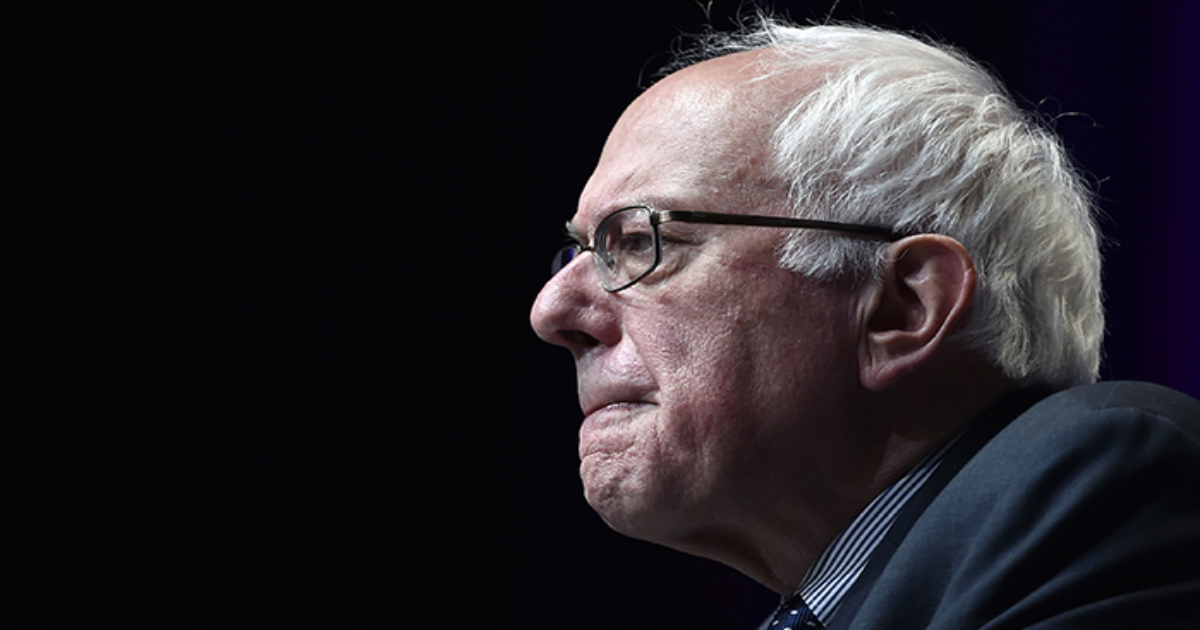During the discussion on voting rights at the 50th anniversary commemoration of Rev. Martin Luther King’s March on Washington, former President Bill Clinton said “A great democracy does not make it harder to vote than to buy an assault weapon.” States like Texas and Virginia, with their strict voter ID laws and weak gun regulations, exemplify the sad truth in the former president’s statement.
“Under the law in 33 states, it is legal for a person to purchase any kind of assault weapon (assault rifle or assault pistol) without any kind of background check or even showing ID, so long as the seller is not licensed as a dealer” Lindsay Nichols, an attorney at the Law Center to Prevent Gun Violence, told Salon.
A Department of Justice report states that individuals who buy guns from an unlicensed private seller “are exempt from the requirements of federal law to show identification… and undergo a National Instant Criminal Background Check System check.”
Meanwhile, states like North Carolina are passing some of the most restrictive voter ID laws since the Voting Rights Act was created in 1965 to combat voter suppression. Just two weeks ago North Carolina Gov. Pat McCrory signed into law a voter ID bill that was described as potentially the worst of the recently-approved voter suppression bills in the US.
It is interesting that conservatives who are hell-bent on fighting for their “constitutional right to bear arms” are the same individuals who push for stricter voter ID laws. Yet, the United States Constitution mentions the right to vote in four separate Amendments, and five times in all throughout the Constitution’s text; “The right of citizens of the United States to vote shall not be denied or abridged…”
So, while the dangers of guns immeasurably outweigh the “dangers” and incidence of voter fraud, many states’ laws hold otherwise. States typically trying to suppress voting rights by creating more regulations on voter identification, are often the same states trying to remove regulations on gun ownership. And the number of states attempting to make the ability to vote even more difficult, after the Supreme Court’s effective dissolution of the Voting Rights Act this June, is increasing every day.
At least 36 states have introduced restrictive voter ID laws this year, and at least 10 have passed them, according to a report by the Lawyers’ Committee for Civil Rights and the Advancement Project. While federal law requires an ID to vote, which could include anything from a utility bill to a student ID, new voter suppression laws require a government-issued photo ID and include strings of other restrictions, depending on the state.
Alisha is a writer and researcher with Ring of Fire. Follow her on Twitter @childoftheearth.

